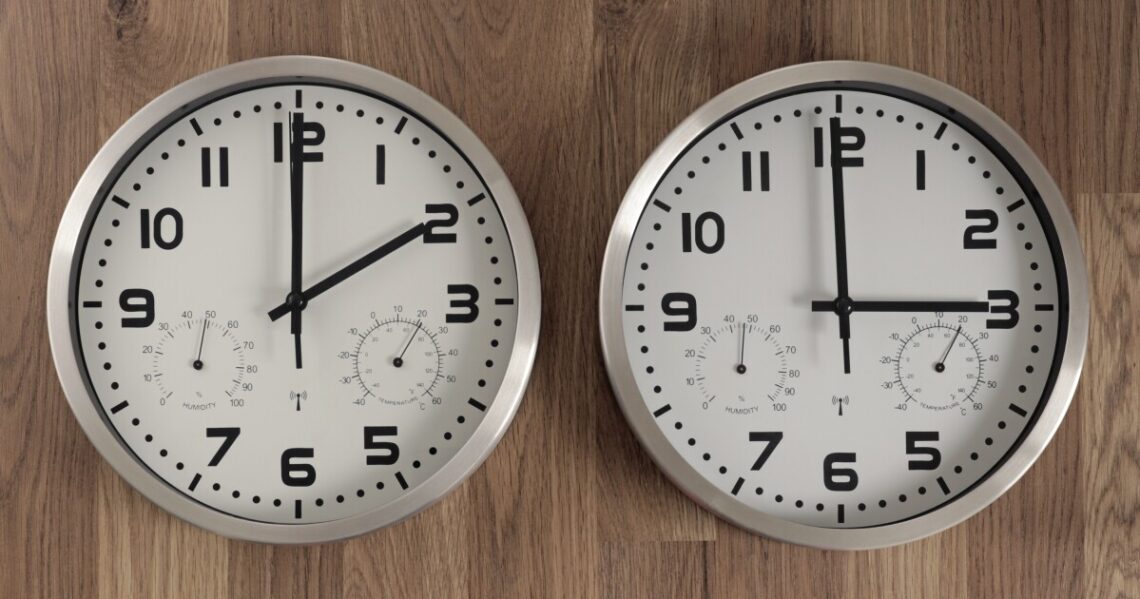Millions of us may lose sleep when clocks “spring forward” by one hour this Sunday, as
most states
switch to daylight saving time. The time change brings darker mornings and extends light in the evening. And some lawmakers want to make daylight saving time permanent, to avoid the disruption of constant switching.
More on daylight saving time
Senator Marco Rubio (R-Fla.), who has introduced
the Sunshine Protection Act
of 2023, says the ritual of changing our clocks twice a year
“makes no sense,” and is “stupid.”
He’s joined by a bipartisan group of senators including Ron Wyden (D-Ore) and Edward Markey (D-Mass).
The Senate unanimously passed a similar measure in 2022, but it did not get enough support in the House of Representatives. Now, Sen. Rubio is trying again, pointing to the potential health and economic benefits. The key argument is, more light in the evening can prompt people to go out and
spend more
money at shops and restaurants.
The health impacts have been more complicated to figure out. But in recent years, the spring time change has been linked to an increase in cardiac events, perhaps due to disrupted sleep. One study found an
increase in hospitalizations
for atrial fibrillation, a type of heart arrhythmia, in the days following the springtime transition to daylight saving time.
“I was very surprised,” researcher and study author
Dr. Jay Chudow,
a cardiologist at Montefiore Health,
told NPR last year.
“It’s just a one-hour change,” he says, but this shows how sensitive our bodies may be to circadian rhythm…
Read the full article here







